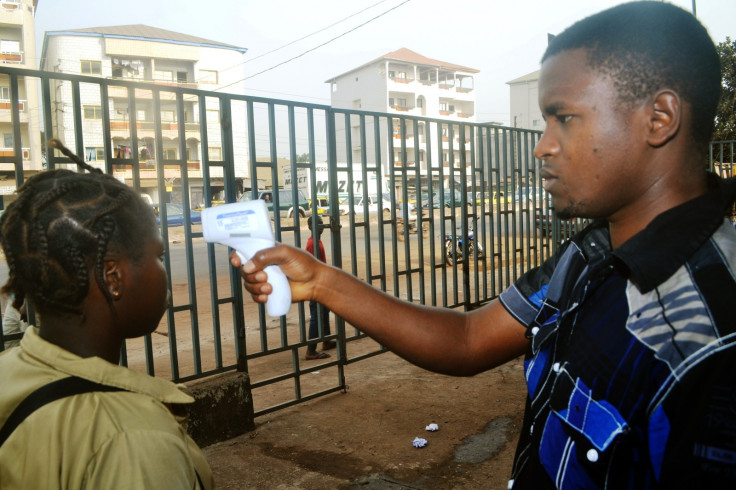Ebola crisis: First tests as ring vaccination starts in Guinea

The Guinean Government has on Wednesday (25 March) initiated the very first efficacy trial of an Ebola vaccine this week in Basse-Guinée, one of the country's virus hotspots.
Along with the World Health Organization (WHO), the authorities are rolling out ring vaccination tests of VSV-EBOV, an Ebola vaccine developed by the Public Health Agency of Canada.
The ring vaccination strategy works by identifying recently infected patients and vaccinating all their contacts thereby creating a "ring of immunity" around them to stop the virus from spreading. This will include only adults, who are most at risk of infection, with the exception of pregnant women.
"This very same strategy was a key contribution to eradicating smallpox in the 1970's, and allows us to vaccinate all those at greatest risk," explained WHO Coordinator for the Guinea Vaccine Trial, Ana Maria Henao Restrepo.
10,000 volunteers vaccinated
According to the government, the trial "has received an excellent response from the community" in a small village in the Coyah prefecture, where the trial team arrived on 23 March.
"This landmark operation gives hope to all of us, in Guinea and in the world, that we might soon have an effective public health tool against Ebola, should the vaccine prove to be safe and effective," said Jean-Marie Dangou, WHO Representative in Guinea, where the virus has killed 2263.
"The start of ring vaccination clinical testing today in Guinea is therefore one of the most important milestones we have achieved in seeking a modern line of defense against Ebola."
Trained medical staff, vaccines and other essential equipment were dispatched from Conakry to Coyah to vaccinate contacts of recently infected people who have given consent in a village of the Coyah prefecture.
Aid agency Médecins sans Frontières (MSF) stressed that the trial is organised "on a voluntary basis, and participation is confidential, free and non-remunerated".
Around 10,000 volunteers are expected to be vaccined in 190 rings within a six-eight week period, and followed for three months after that.
Results could be available as early as July 2015.
© Copyright IBTimes 2025. All rights reserved.






















